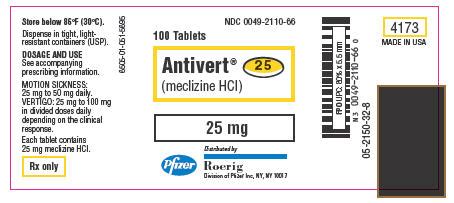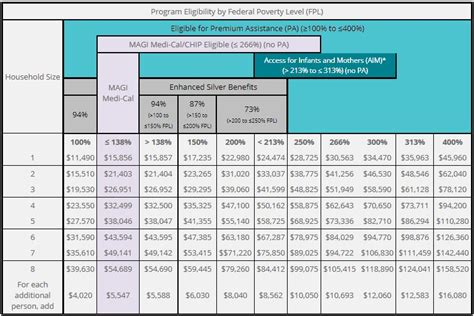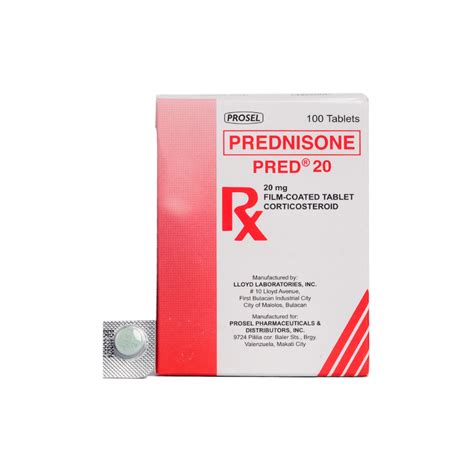How Long Does Meclizine 25Mg Last? Dose Guide

Meclizine, an antihistamine, is commonly used for the prevention and treatment of vertigo, dizziness, and motion sickness. The 25mg dosage is a typical starting point for many patients, and its duration of action can vary based on several factors, including the individual’s metabolism, the presence of other health conditions, and the use of other medications.
Pharmacokinetics of Meclizine 25mg
After oral administration, meclizine is absorbed relatively quickly, with peak plasma concentrations achieved within about 1-3 hours. The drug’s half-life, which is the time it takes for the concentration of the drug in the bloodstream to reduce by half, ranges from 4 to 6 hours in healthy adults. However, this can vary, and the effects of meclizine can last longer due to its pharmacodynamic properties.
Duration of Action
The effects of meclizine 25mg can last anywhere from 8 to 24 hours, depending on the individual and the condition being treated. For motion sickness, the protective effects of meclizine can last for several hours, often covering the duration of a trip. For vertigo and dizziness, the drug’s efficacy in reducing symptoms can persist for 12 hours or more, helping to manage these conditions over an extended period.
Dose Guide
- For Motion Sickness: The recommended dose is 25-50mg taken 1 hour before travel. Doses can be repeated every 24 hours as needed.
- For Vertigo (Vestibular Disorders): Treatment may start with 25mg twice daily, with adjustments made based on response and tolerance.
Factors Influencing Duration
Several factors can influence how long meclizine lasts, including: - Age: Older adults may experience longer-lasting effects due to decreased drug metabolism. - Liver and Kidney Function: Impaired function in these organs can lead to slower drug clearance, prolonging its effects. - Other Medications: Interactions with other drugs can affect meclizine’s duration of action and increase the risk of side effects. - Individual Variability: Genetic differences and other individual factors can significantly influence how meclizine is metabolized and how long its effects last.
Important Considerations
- Side Effects: Common side effects include drowsiness, dry mouth, and dizziness. Less common but serious side effects can include allergic reactions.
- Use in Pregnancy and Breastfeeding: Meclizine should be used with caution in these situations, as its safety profile is not fully established.
- Driving and Operating Machinery: Patients should be cautioned against driving or operating heavy machinery until they know how meclizine affects them, due to potential sedative effects.
Conclusion
Meclizine 25mg is an effective treatment for motion sickness, vertigo, and dizziness, with its effects lasting several hours. The exact duration can vary significantly between individuals, and dosage adjustments should be made under medical supervision to achieve the best balance between efficacy and tolerability. Always consult with a healthcare provider before starting meclizine, especially if you have other health conditions or are taking other medications.
How often can I take meclizine 25mg for motion sickness?
+For motion sickness, meclizine 25mg can be taken 1 hour before travel, and doses can be repeated every 24 hours as needed. However, it's essential to follow the recommended dosage and consult with a healthcare provider for personalized advice.
Can I drink alcohol while taking meclizine?
+It's generally recommended to avoid or limit alcohol consumption while taking meclizine, as alcohol can increase the risk of side effects such as drowsiness and dizziness.
How long does it take for meclizine to start working?
+Meclizine starts to work within 1-3 hours after taking the medication, with peak effects achieved within this timeframe. For preventive use, such as in motion sickness, it's best to take the medication before the onset of symptoms.
Given the variability in individual response to meclizine, healthcare providers often play a critical role in determining the optimal dosage and treatment duration. Regular monitoring and open communication about symptoms and side effects can help in achieving the best outcomes.



